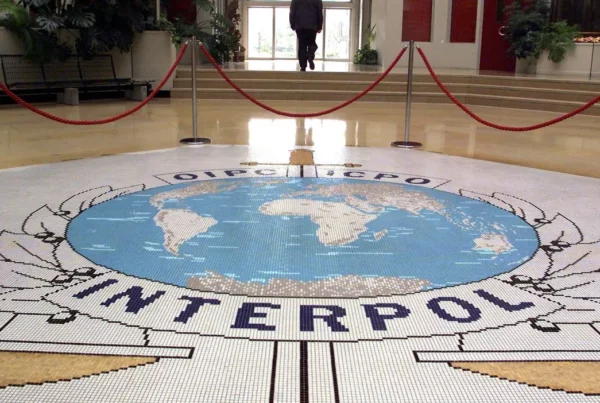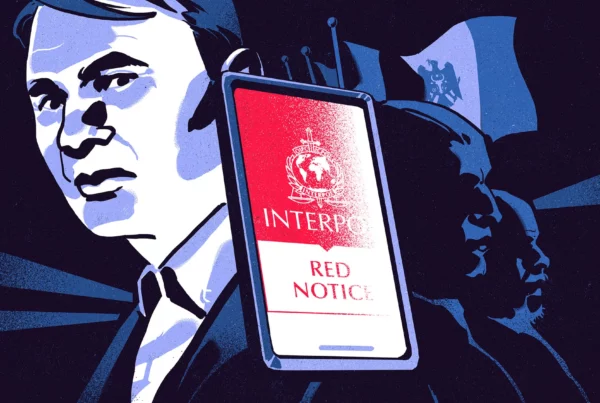In its global China Targets investigation, the International Consortium of Investigative Journalists (ICIJ) examined how Chinese authorities have used INTERPOL Red Notices to pursue political, business, and personal targets abroad — sometimes with limited legal grounds. As part of its reporting, the ICIJ invited Charlie Magri, INTERPOL defense lawyer and former legal officer at the Commission for the Control of INTERPOL’s Files (CCF), to share his perspective on needed reforms.
Magri, who worked inside INTERPOL’s oversight system for six years, emphasized that the organization still lacks transparency in how it tracks patterns of misuse:
“The absence of a country-specific breakdown makes it impossible to identify patterns of misuse by individual member countries — an essential step in addressing politically motivated abuse,” he told ICIJ.
He also addressed the role of corrective measures — internal sanctions that INTERPOL can apply to member countries that repeatedly violate its rules — and called for greater openness:
“Public disclosure would enhance trust in INTERPOL’s processes and reassure the public that steps are being taken to prevent abuse,” Magri said.
Currently, INTERPOL can impose various internal measures — including increased scrutiny of Red Notice requests or temporary suspension of access — on countries suspected of abusing the system. However, it rarely discloses which countries are under such sanctions. Magri argued that sharing this information would not only help rebuild public trust but also promote accountability and institutional integrity, without politicizing the process.
Through his firm Otherside, Charlie Magri now represents individuals around the world who face politically motivated Red Notices, helping them challenge such alerts before INTERPOL.





